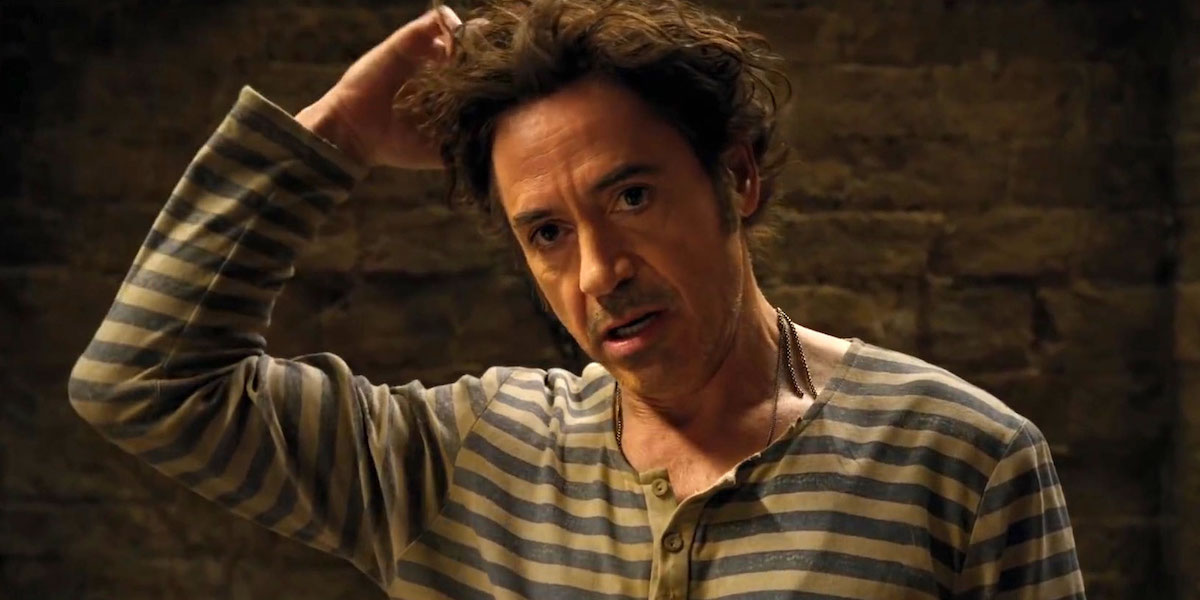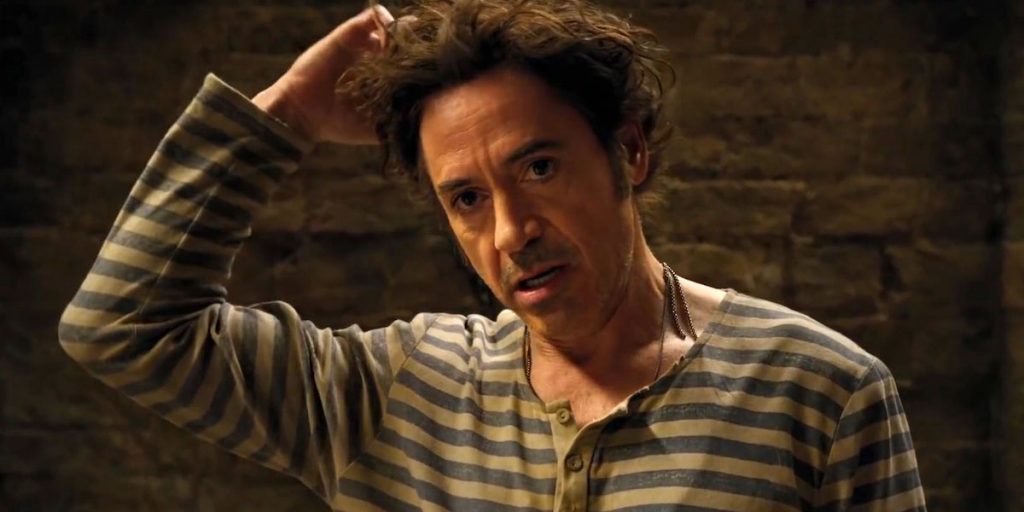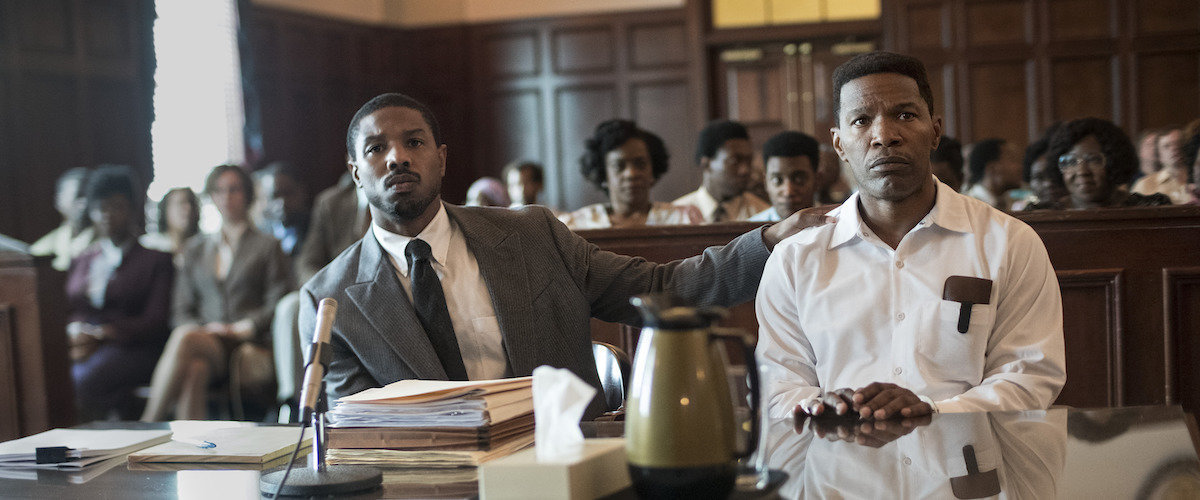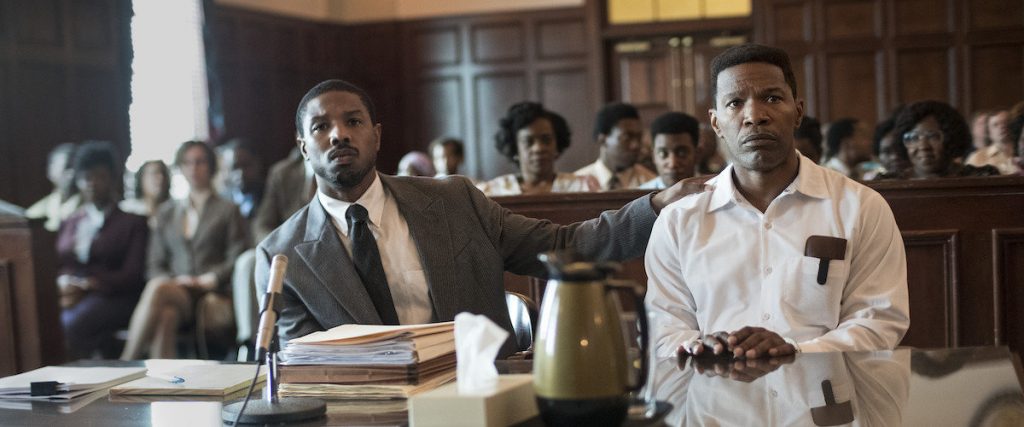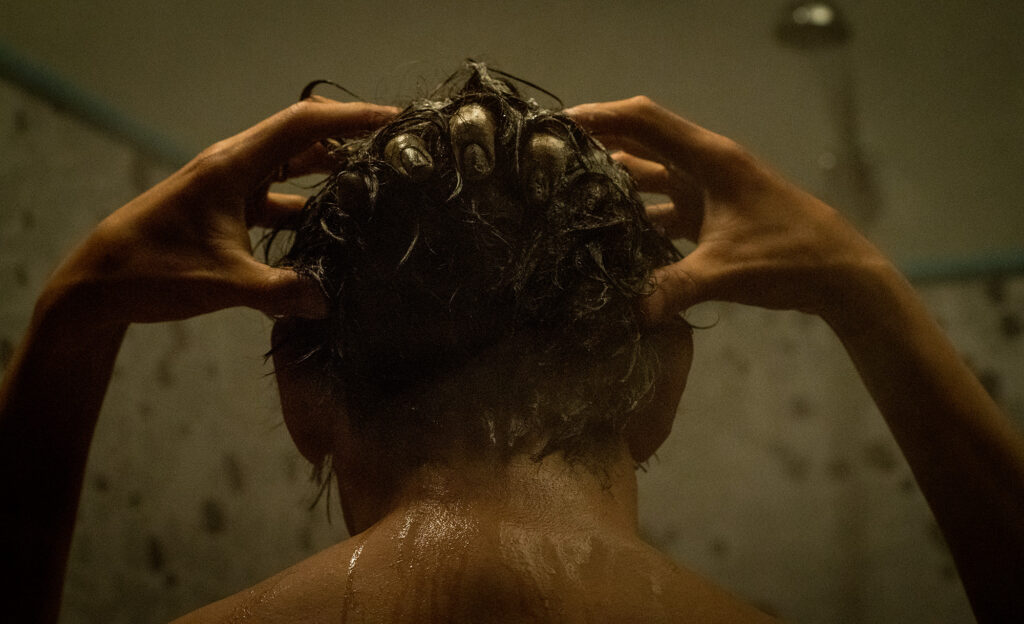Rating: R / Runtime: 1 hour and 53 minutes
Director Guy Ritchie’s career has taken one very strange path. Debuting in 1998, his first two feature films (“Lock, Stock and Two Smoking Barrels” and “Snatch”) were foul-mouthed, offensive, comedic British crime flicks that featured boxing, gangsters, drugs, guns, money, and a wealth of quotable dialogue. Then in 2009, Ritchie sort of reinvented himself with the Robert Downey Jr. led “Sherlock Holmes”, employing a slick and ultra-stylistic filmmaking method that left the gritty streets and blood and guts behind for high-speed action photography with a recognizable shine. This style would continue in several other big-budget PG-13 flicks such as “The Man From U.N.C.L.E.”, “King Arthur: Legend of the Sword”, and most recently Disney’s live-action remake of “Aladdin”. But throw all that kid-friendly stuff out the window now because “The Gentlemen” is Ritchie returning to his roots in all of their wonderful, excessive, questionable glory.
There is a plot in “The Gentlemen”, but like many of Ritchie’s films, it is circular and also told through heavy use of flashback. Essentially, you have Micky Pearson (Matthew McConaughey) who is an American turned British drug lord looking to sell off his marijuana empire, and the film tells the story of how that attempt to make a deal goes down. Mickey’s primary two partners are his bodyguard Ray (Charlie Hunnam, who looks staggeringly similar to Conor McGregor in this film) and his strong, sexy, and powerful wife Rosalind (Michelle Dockery). Most of the film follows the unreliable narration of a private investigator named Fletcher (Hugh Grant) who is trying to bribe his way into $20 million pounds with information on some of Mickey’s adversaries. I could go deeper into the plot, but the truth is that it just doesn’t really matter that much. I won’t recall the specifics of it in a few days. The joy in watching Ritchie’s latest film isn’t from learning what happens, it’s from seeing the characters play it out.
Casting in the film was fantastic, as each actor seems to be thoroughly enjoying chewing up Ritchie’s obscene and sometimes shocking gangster dialogue. Grant, in particular, is a standout as a man who thinks he has all of the cards and is wittily revealing them throughout the film. It’s a quirky and downright hilarious performance that reminds me of his role in “Paddington 2”, only this time with some serious homoerotic sizzle. Colin Farrell also stands out as Coach, the mentor of a group of young boys at a local boxing club who unexpectedly gets mixed up in Mickey’s dealings. It’s fun to watch him play a good guy skillfully, and like Grant, hilariously, navigating a world of gray to black. Henry Golding also shows up as a tough guy, a way you’ve never really seen him before that was (mostly) a lot of fun to watch. And last but not least, McConaughey anchors the proceedings, oozing with confidence and charm, while also carrying the ruthless demeanor of a lion just beneath the surface, as you’d imagine one would have to do in order to build a multi-million drug empire and sustain it in a world ripe with double-crosses and in-fighting among competing kingpins. And somehow, McConaughey is probably the least interesting of the bunch.
“The Gentlemen” is full of racist jokes and vulgar cockney slang. It might just set the record for most times the phrase “fuck off” and the word “cunt” is used in one film, and on nearly every single occasion they got a hearty laugh from the audience. It’s all in the delivery and this cast is on their A-game, supplying quotable and memorable moments at every turn. It’s easy to get lost just enjoying your time with the characters and not worry at all about the plot. There is plenty of violence, too, but aside from a few brief and super dark turns, most of it is depicted in a way that plays up the comedy.
It’s difficult to say much about the story because there are many twists and turns in the movie, perhaps too many in fact, but they do make for some fun surprises. Just know that you’re in for a very coarse bunch of dialogue, delivered from the mouths of sharply dressed men (and one woman), a ton of style, frequent side-splitting humor, and some of the most entertaining performances you will see in a theater this year. “The Gentlemen” definitely is not the film that Ritchie’s PG-13 fans will likely adore, but it is a return to his early form and it’s exciting to see him bringing another original (even if familiar) vision to cinemas once again.
Rating:

Aaron White is a Seattle-based film critic and co-creator/co-host of the Feelin’ Film Podcast. He is also a member of the Seattle Film Critics Society. He writes reviews with a focus on the emotional experience he has with a film. Follow him on Facebook and Twitter to be notified when new content is posted.

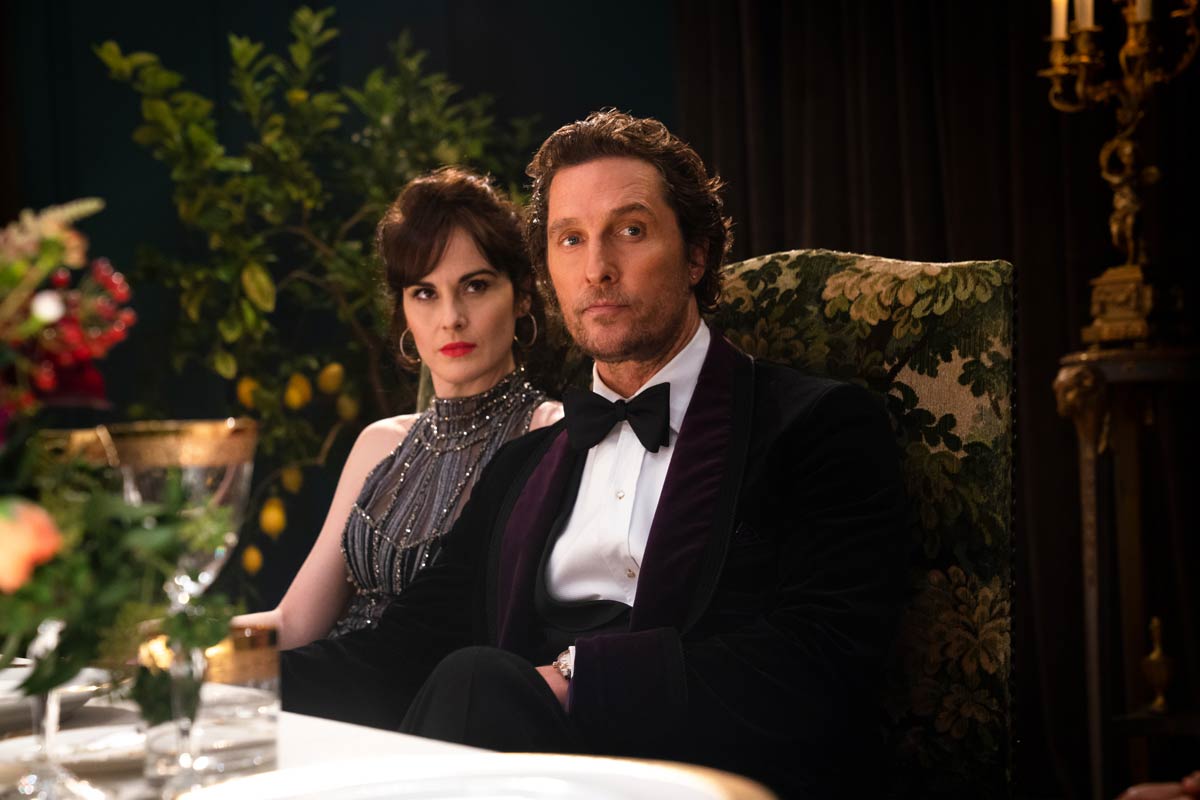

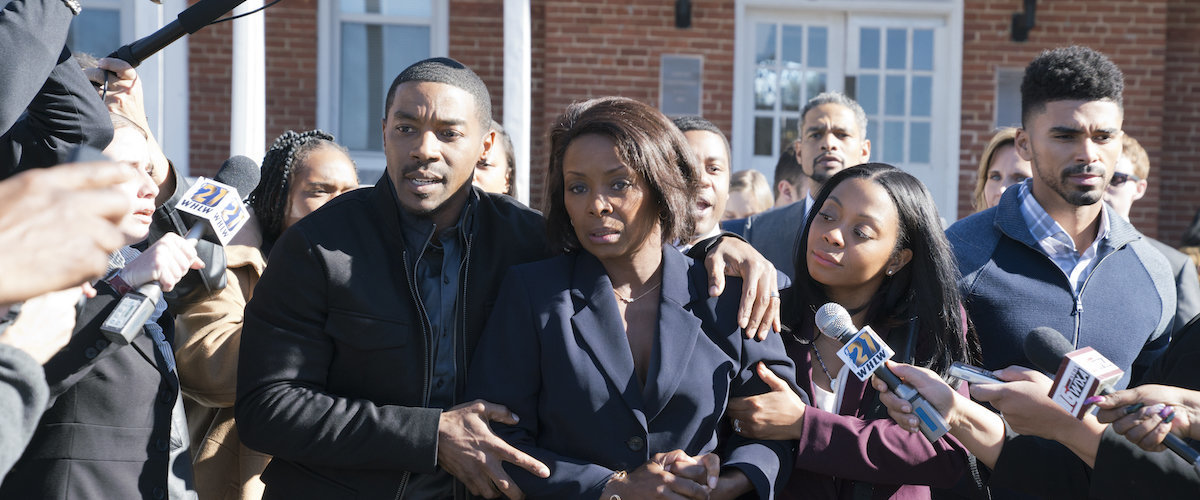


 DON SHANAHAN
DON SHANAHAN
